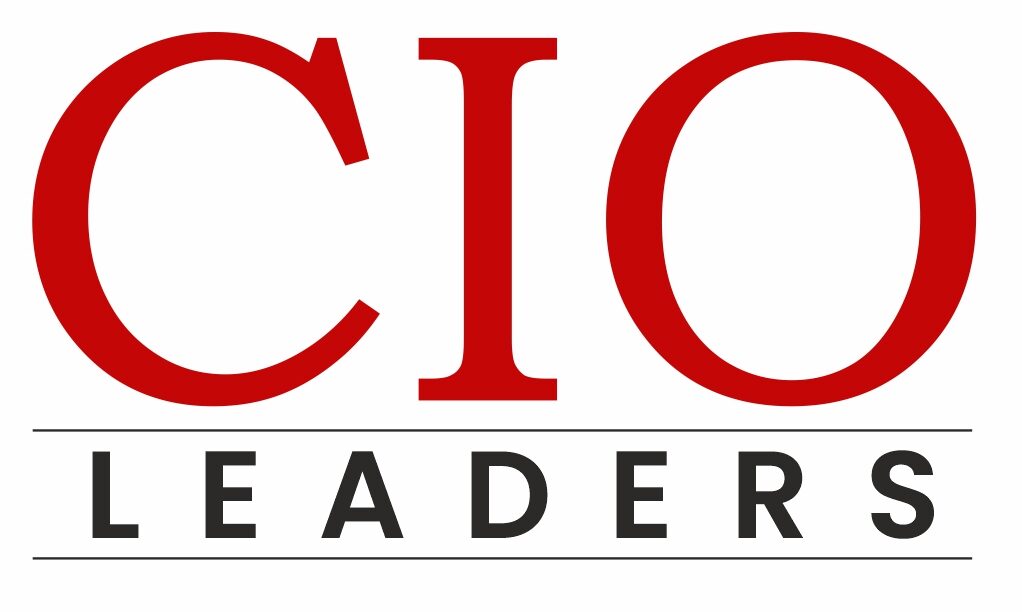Leadership plays a crucial role in driving organizational progress and achieving sustainable success. The approach adopted by leaders greatly influences the culture, values, and performance of an organization. Effective leadership encompasses various qualities, such as vision, communication, empowerment, and adaptability. In this article, we will explore how different leadership approaches can impact organizational progress and contribute to long-term growth and success.
Visionary Leadership:
Visionary leaders inspire their teams by creating a compelling vision for the future. They articulate a clear direction, set ambitious goals, and communicate their vision to employees. By providing a sense of purpose and direction, visionary leaders align the efforts of individuals towards a common goal. This approach fosters innovation, promotes creativity, and encourages employees to strive for excellence, ultimately driving organizational progress.
Transformational Leadership:
Transformational leaders have the ability to motivate and inspire their teams to exceed expectations. They lead by example, exhibiting high levels of enthusiasm, passion, and commitment. Through effective communication and personal charisma, they create a positive work environment that empowers employees to reach their full potential. Transformational leaders encourage continuous learning, provide mentorship, and promote personal growth, leading to improved performance and organizational progress.
Servant Leadership:
Servant leaders prioritize the needs and development of their employees. They focus on serving their teams by providing support, guidance, and resources. By emphasizing empathy, active listening, and empowerment, servant leaders create a culture of trust and collaboration. This approach fosters employee engagement, loyalty, and commitment, leading to higher productivity and organizational progress.
Democratic Leadership:
Democratic leaders involve employees in decision-making processes, valuing their opinions and perspectives. By encouraging open communication, collaboration, and participation, democratic leaders tap into the collective intelligence of their teams. This approach promotes employee engagement, ownership, and commitment, as employees feel valued and empowered. When employees are actively involved in decision-making, they are more likely to contribute innovative ideas and solutions, driving organizational progress.
Adaptive Leadership:
In a rapidly changing business environment, adaptive leadership becomes crucial. Adaptive leaders are flexible, agile, and open to change. They encourage experimentation, embrace new technologies, and adapt strategies to meet evolving market demands. By fostering a culture of continuous improvement and learning, adaptive leaders drive innovation, adaptability, and organizational progress in the face of challenges and disruptions.
Autocratic Leadership:
Autocratic leaders make decisions without consulting their teams. While this approach may have limitations in terms of employee engagement and empowerment, in certain situations, quick and decisive decision-making can drive progress. However, it is important for autocratic leaders to balance their approach by involving employees in certain decision-making processes to foster a sense of ownership and commitment.
Coaching Leadership:
Coaching leaders focus on developing the skills and capabilities of their employees. They provide guidance, feedback, and mentorship to help individuals reach their full potential. By investing in employee growth and development, coaching leaders foster a high-performance culture that leads to organizational progress.
Ethical Leadership:
Ethical leaders prioritize integrity, honesty, and fairness. They set a strong moral example and make decisions based on ethical considerations. Ethical leadership establishes trust and credibility within the organization, creating a positive work environment where employees are motivated to contribute to the organization’s progress.
Results-Oriented Leadership:
Results-oriented leaders prioritize outcomes and hold employees accountable for achieving targets. They set clear performance expectations and provide the necessary resources and support. This approach fosters a culture of accountability and drives organizational progress by ensuring that goals are consistently met.
Change Leadership:
Change leaders are adept at managing and leading through organizational change. They effectively communicate the need for change, address resistance, and provide guidance during transitions. By facilitating smooth change processes and minimizing disruptions, change leaders enable organizational progress by helping the company adapt and evolve.
Collaborative Leadership:
Collaborative leaders emphasize teamwork, cooperation, and cross-functional collaboration. They break down silos, encourage knowledge sharing, and promote a collective approach to problem-solving. Collaborative leadership fosters innovation, creativity, and a sense of unity among employees, driving organizational progress through collective efforts.
Effective leadership is a critical driver of organizational progress. Different leadership approaches, such as visionary leadership, transformational leadership, servant leadership, democratic leadership, and adaptive leadership, can significantly impact the success and growth of an organization.
By aligning employees’ efforts, empowering them, fostering collaboration, and embracing change, leaders can create a culture of progress, innovation, and sustained success. Organizations that prioritize and invest in developing effective leaders are more likely to achieve their goals, thrive in competitive markets, and adapt to changing circumstances.

